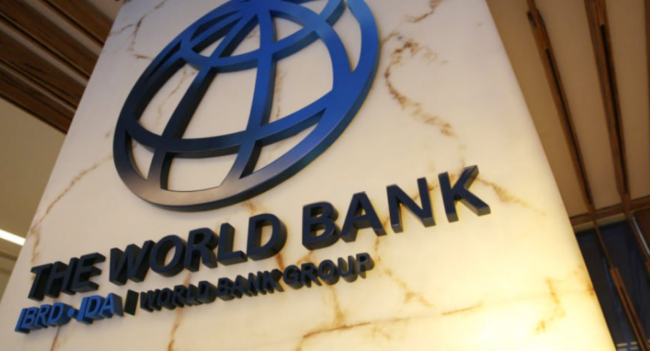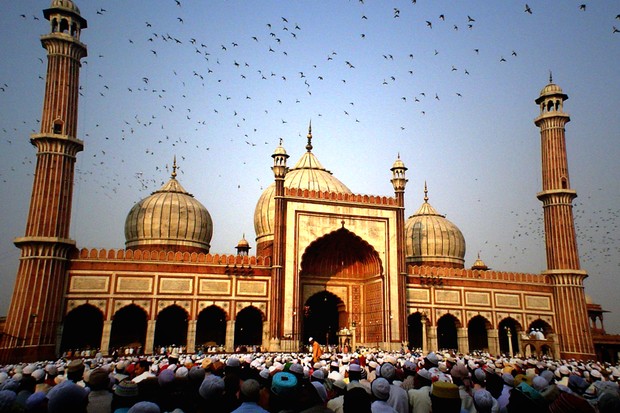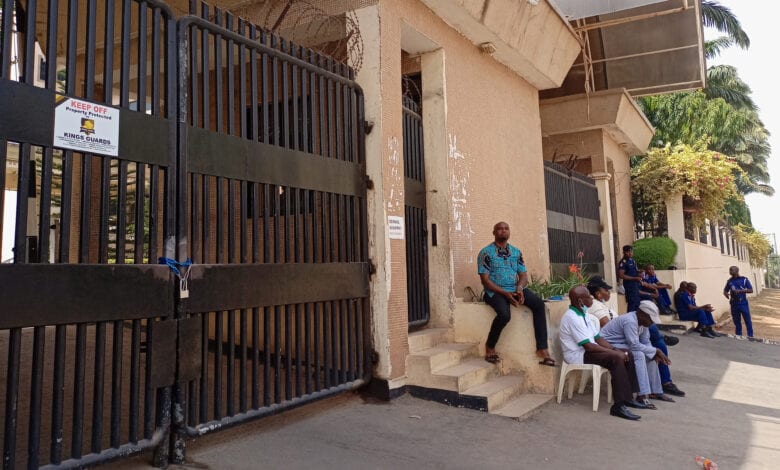The World Bank says businesses in the country suffer an annual loss of $29 billion as a result of “unreliable” electricity.
Top officials of the bank spoke on Wednesday at a ‘World Bank Dialogue with Energy Reporters’ with the theme ‘Fostering Knowledge-Sharing and Dialogue on Power Sector Issues in Nigeria’, in Abuja.
Presenting the bank’s Power Sector Recovery Program (PSRP) fact sheet, Ashish Khanna, World Bank’s practice manager, West and Central Africa energy, said majority of Nigerians are reluctant to pay their electricity bills because the bills are not “transparent and clear”.
“Businesses in Nigeria lose about $29bn annually because of unreliable electricity. Nigerian utilities get paid for only a half of electricity they receive,” the report read.
Advertisement
“For every N10 worth of electricity received by DisCos (distribution companies), about N2.60 is lost in poor distribution infrastructure and through power theft and another N3.40 is not being paid for by customers.
“Six in 10 of registered customers are not metered, and their electricity bills are not transparent and clear. This contributes to resistance to pay electricity bills.”
The Bretton Woods institution, in the report, noted that only 51 percent of installed capacity was available for generation, as an average Nigerian consumed four times less energy than his/her counterpart in a typical lower middle-income country.
Advertisement
However, it said every Nigerian paid less for electricity than what it costs to supply electricity to them.
According to the report, for years, the government was paying the difference because the government wanted to help poor Nigerian families to pay their bills.
“But richer families use more electricity; so a big chunk of government support ends up going to those who do not really need help with paying bills,” the report added.
The bank also said Nigeria has the highest number of people lacking electricity access in the world as every one in 10 people without access to electricity now reside in Nigeria.
Advertisement
Muhammad Wakil, senior energy specialist, World Bank, said: “Nigeria now has the largest number of ‘unelectrified’ people globally and the trend is worsening. Of the electrified, the supply is very unreliable with widespread blackouts.”
He said Nigeria now has 25 percent more ‘unelectrified’ people than the second most unelectrified country in the world, the Democratic Republic of Congo (DRC).
The World Bank described the PSRP as a comprehensive response to Nigeria’s power challenges with the aim to renew the country’s economy by rebuilding a functioning and fair power sector.
Between June 2020 and February 2021, the World Bank said its board approved $1.25 billion financing to support the Nigerian government in its efforts to reset the power sector.
Advertisement






